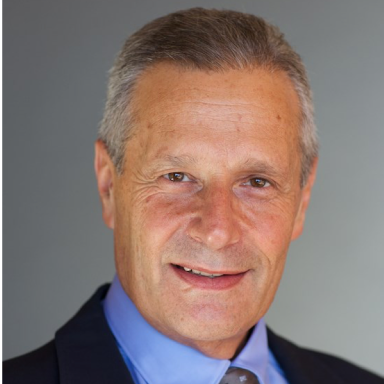Wellbeing depends on the ability to maintain a safe environment for the body and mind. Safety is the brain’s core organizing principles. Most other functions are subservient to this need.
Ensuring safety in the modern era looks rather different from our historical renderings, but this imperative still requires parallel tenacity and labor.
Remember how you skipped lunch because you needed to accelerate and complete that project for your boss?
Not meeting your deadline might mean losing your job, your mortgage, and your sense of security. As you roiled in angst over your project, the brain’s amygdala likely experienced a power surge; your internal safety system kicked into gear. Completing your project in a timely manner equated to a certain degree of safety.
The cumulative toll of continually feeling unsafe can generate a discordant internal dialogue, increase your heart rate, elevate your blood pressure, evoke feelings of anxiety and narrow your focus and thinking.
Interestingly, in rare situations, when the brain cannot compute that it is safe, obsessive compulsive disorder (OCD) behaviors are thought to emerge. Common OCD behaviors include checking the stove repeatedly, continually return to the front door to ensure that it is locked, obvious over-preoccupation with safety related concerns. Feeling a lack of safety prevents individuals with OCD from carrying on with their lives. The same thing is true for those without OCD, albeit in less extreme ways.
So how can you ‘install’ a more permanent sense of safety in order to improve your health, reduce your emotional angst and focus on the more exciting and meaningful aspects of life?
Develop a stronger internal sense of perspective: Meditation has been shown to expand ‘psychological space’, offering a platform for cognitive shifts and reappraisal. Studies suggest that this process helps users find a constructive non-judgmental context of negative events and personal meaning. De-centering from one’s own emotional state allows for greater metacognitive awareness, permitting a greater sense of comfort and ease within day-to-day experiences.
Be your own emotional coach: Check in with yourself 3-4 times per day for a week. Monitor your own emotional states (such as negative contagion) and the emotional states of those around you (nudge a positive attitude). Online training tools, like e-motion booster or e-body language, can help you get a better read on facial expressions and body language of others and yourself. Emotions are not simply individual experiences; there is a social and cultural dimension to them as well. They can be contagious. How can you use your new found emotional strength to promote emotional safety among those in your environment?
Re-set your breath: Sudarshan Kriya is a simple yet powerful rhythmic breathing technique that de-stresses your body, raises your energy and relaxes your mind in a deeply restorative manner. An ancient practice promoted in Chinese medicine, Qi-gong focuses on developing deep breathing techniques to re-set and re-energize your system. This practice has shown substantial effects in promoting good health. A 2013 study found that practicing Qi-gong can reduce depressive symptoms in the elderly, and a 2015 study suggests that Qi-gong can lower cortisol levels, potentially mitigating cardiovascular or blood pressure related issues. Other forms of slow breathing have demonstrated clinical efficacy among both healthy and immunocompromised individuals as well. Pranayama yogic practitioners and Biofeedback practitioners (Gevirtz et al.) believe that 6 breaths per minute leads to optimal relaxation and therapeutic effects. To see how regular breathing exercises at 6 breaths per minute works for you, try out the MyCalmBeat app, which helps you master this “circuit breaking stress” technique.
Upon feeling safe, your capacity to work, find rewards and love expands. Feeling safe enables you to give laser-like focus to your work, to shine in a social setting, or to pay more attention to the drawing that your child wanted to share with you. Reviewing and recommitting yourself to a more permanent sense of equanimity offers a kind of solace that cannot be packaged, or bought. While internal work is challenging, requiring a framework to change, reflection, planning and practice, in the long run, the transformation heralds wide-spread, enduring serenity and personal effectiveness.


